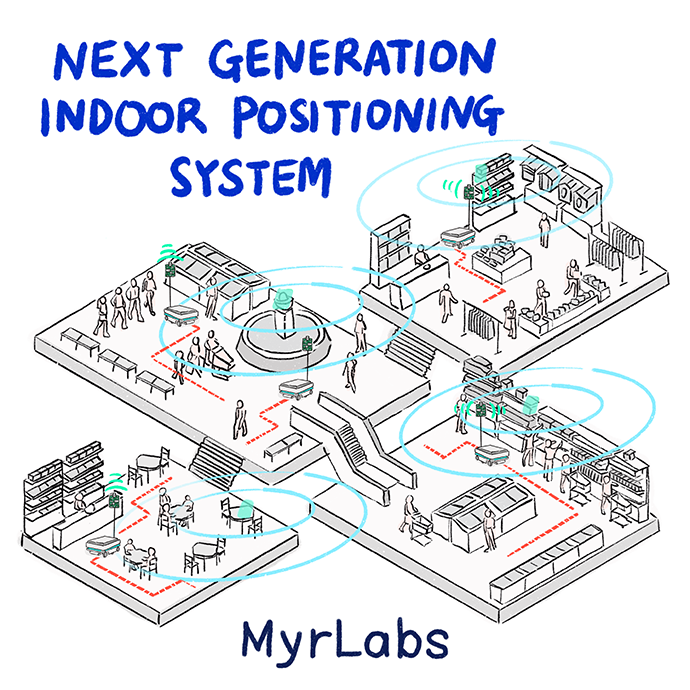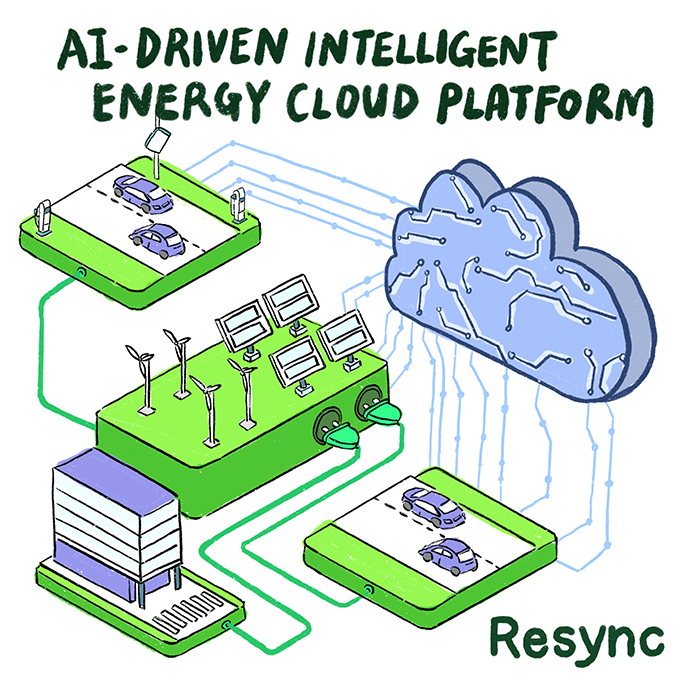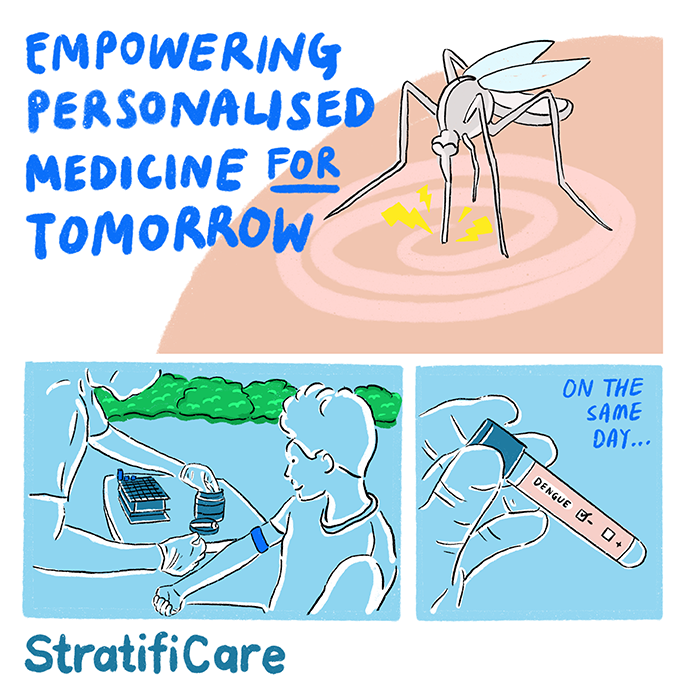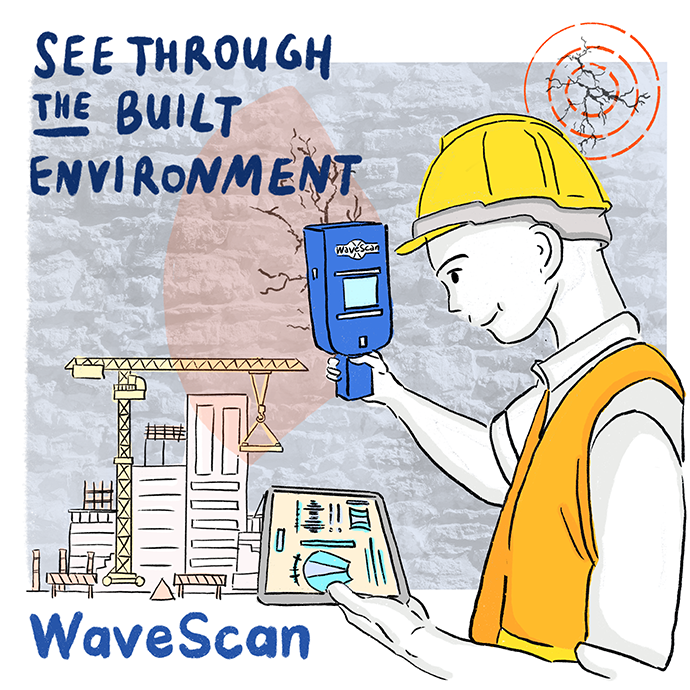
2020 has been a year of major disruptions. Not only has COVID-19 forced many industries to pivot, it has also accelerated digital transformation and given rise to new opportunities. In Singapore’s recent Budget 2021 announcement, Deputy Prime Minister Heng Swee Keat further reinforced the need for innovation and enterprise growth as the backbone of a healthy economy.
Aligned with the government’s aim to foster a robust enterprise spirit and innovative culture, the Institute of Innovation and Entrepreneurship (IIE) at Singapore Management University (SMU) announced the top 50 startups finalists for its marquee event, the 10th Lee Kuan Yew Global Business Plan Competition. The competition, in its 10th edition this year, has attracted the attention of student entrepreneurs across 60 countries, with over 850 entries received from 650 universities.
“In conjunction with celebrating the 10th edition of the competition, we will be especially presenting the SMU Chancellor Cup. This accolade is to champion the most promising team representing a Singapore university and is part of SMU’s commitment to continually nurture the new generation of young innovators and aspiring creators,” said Hau Koh Foo, Director, Institute of Innovation and Entrepreneurship at SMU.
Also read: Twilio’s annual State of Customer Engagement report
The competition finals, titled BLAZE, will be held from 18 to 19 March with the finalist teams competing virtually for prizes worth up to S$2 million. Finalists will be evaluated on their level of innovativeness, commercial feasibility, impact of the idea and capability to execute.
Beside the top prize of S$100,000 in cash for each of the two category winners (0 to 1, and 1 to infinity), other prizes that will be conferred on 19 March include the SMU Chancellor Cup that awards a S$25,000 cash prize to the most promising team representing a Singapore university and the People’s Choice Award of S$10,000 each for the two categories.
Hau adds, “The SMU Chancellor Cup epitomises our conviction and support for the start-up ecosystem in Singapore – particularly aspiring entrepreneurs who hail from our local universities– to test their mettle of taking the next step in their business journey and who have created meaningful impact not just locally but on a global stage.”
Check out these five finalist teams who will be vying for the SMU Chancellor Cup, and their game-changing innovations that will transform the world as we know it:
MyrLabs – Enabling the US$23 billion robot market with advanced indoor positioning (Nanyang Technological University)

Slow robots are a problem. In the logistics business where so much time is spent moving things around, every second is precious. With the rising adoption of automation and robotics in supply chains globally, there is also a need for robots that can navigate complex environments efficiently.
An A*STAR spin-off, MyrLabs is developing an indoor positioning solution for robots that provides positioning data in GPS-less environments and can operate in diverse spaces. Their proprietary technology allows robots to overcome the limitations of LIDAR-based localisation and navigation.
With MyrLabs’ solution, robots will be able to move at higher speeds and need not stick to a fixed path, thereby boosting productivity and efficiency. Their technology is a game-changer for not just the many e-commerce warehouses that will require a robust and intelligent logistics system, but also unlocks new robot use cases in non-traditional areas such as shopping malls.
So the next time you receive a delivery of your latest Taobao haul on time, you never know?: MyrLabs’ technology may have been fundamental in getting it from the warehouse to your doorstep.
Resync – Helping enterprises save thousands of dollars with intelligent energy cloud platforms (National University of Singapore)

Resync enables enterprises to use their energy efficiently and more sustainably. Their machine learning and artificial intelligence-driven solution allow users to optimise distributed energy resources and improve power system efficiency.
Digitalisation and the dropping cost of renewables are driving a pivotal shift in global energy infrastructure. Rather than a centralised energy grid, there will be multiple microgrids as part of the ecosystem. This would include renewables such as solar panels, wind turbines, and smart buildings too.
Also read: Scaling communities like startups
Resync’s platform gives customers an in-depth analysis of their energy usage, and forecasts their energy generation and consumption. As a scalable and customisable platform, their solution is well-positioned to target the needs of both SMEs and MNCs. Their platform allows users to manage the next generation of microgrids more effectively too.
As the adoption of renewables and digitalisation continues to grow exponentially, Resync is at the forefront of enabling this transition smoothly. From renewable assets, to smart buildings and microgrids, the future of energy is in their hands.
Ship Supplies Direct – The world’s first AI-powered freight forwarding platform for marine suppliers (Singapore Management University)
Ships need supplies. From fresh produce to spare parts, the marine supplies supply-chain is a US$169 billion per year industry. The problem is that the supply chains can be highly fragmented, which results in significant additional costs to ship operators.
This is where Ship Supplies Direct comes in. Using artificial intelligence, their platform amalgamates data from satellites, ships, port operators and logistics operators to optimise deliveries. With real-time tracking, logistics operators are able to do more jobs and ships will be able to receive their supplies on time.
Based on their preliminary sales and analysis of existing customers, Ship Supplies Direct has already seen a 30% cost reduction for their customers, which has the potential to increase significantly. Their main target customers are either the buyers or the marine supplies.
As the busiest port in the world in terms of shipping tonnage, Singapore certainly presents a tremendous opportunity for Ship Supplies Direct’s solution to be implemented. A start-up incubated at SMU’s Business Innovations Generator (BIG) incubation programme, their platform is poised to be a major disruptor that will not only improve productivity but transform the marine supply chain industry as a whole.
StratifiCare – revolutionising dengue care with biomarker technology (National University of Singapore)

390 million people are infected with dengue every year. The problem?
Doctors are not able to accurately predict the progress of the disease due to a lack of a Severe Dengue prediction test. This results in over-hospitalisation which burdens patients with unnecessary medical costs. Hospitalisation costs can be as high as the equivalent of one month of salary in Indonesia for a patient who is admitted and infected with dengue.
StratifiCare’s solution, StratifiDen, allows doctors to determine the risk of Severe Dengue development. If predicted not to develop Severe Dengue, the patient is managed as an outpatient, thereby avoiding unnecessary hospitalisation and healthcare expenses. For patients predicted to develop severe dengue, this also allows for more focused medical attention and aggressive supportive treatment.
Based in Singapore and a recent winner of the competition’s DBS Foundation Social Impact Prize, StratifiCare intends to roll-out their diagnostic test to other tropical countries such as Brazil, which have high incidences of dengue infections. By doing so, they hope to see up to a 67% reduction of unnecessary hospitalisations, saving patients thousands in medical bills.
WaveScan – Seeing to the safety of the people with AI (National University of Singapore)

Built environment and structural infrastructure integrity is a core concern for contractors and property developers. For example in Singapore, a safety threat in our HDB flats are concrete spalling accidents: where the pieces of concrete from ceilings break off and may injure homeowners. Unfortunately, current inspection practices are reactive in nature and may come too late when the damage is already done.
WaveScan’s solution solves these problems. Their proprietary sensor technology utilises microwave and millimetre-waves capable of penetrating tiles, PVC, building facades, concrete, and more. An A*STAR spin-off company, WaveScan’s AI-enabled asset inspection solution does not require surface contact and has a wide range of applications.
Also read: Meet these 5 verified investors that are ready to connect with you today
In addition to the building inspection, WaveScan’s technology can be used for non-destructive testing (NDT) during the manufacture and maintenance of aircrafts; and oil and pipeline inspection. Potential other industry verticals include medical imaging, tree inspection and even security inspection at airports.
Enjoyed this teaser? Catch more trailblazing innovations at the Grand Finals of the Lee Kuan Yew Global Business Plan Competition (LKYGBPC) on 19 March! The other accolades that will be conferred include prizes such as the Sino-Singapore Nanjing Eco Hi-tech Island Investment Prize, Kajima Smart Construction Deployment Prize and People’s Choice Award, amongst other awards.
The Grand Finals of the LKYGBPC, organised by the SMU IIE, will be happening on 19 March. Register & vote for your favourite team for a chance to win prizes up to S$8,000 NOW!
– –
This article is produced by the e27 team, sponsored by Singapore Management University
We can share your story at e27, too. Engage the Southeast Asian tech ecosystem by bringing your story to the world. Visit us at e27.co/advertise to get started.
The post These are the most promising early-stage startups in Singapore to watch out for appeared first on e27.

